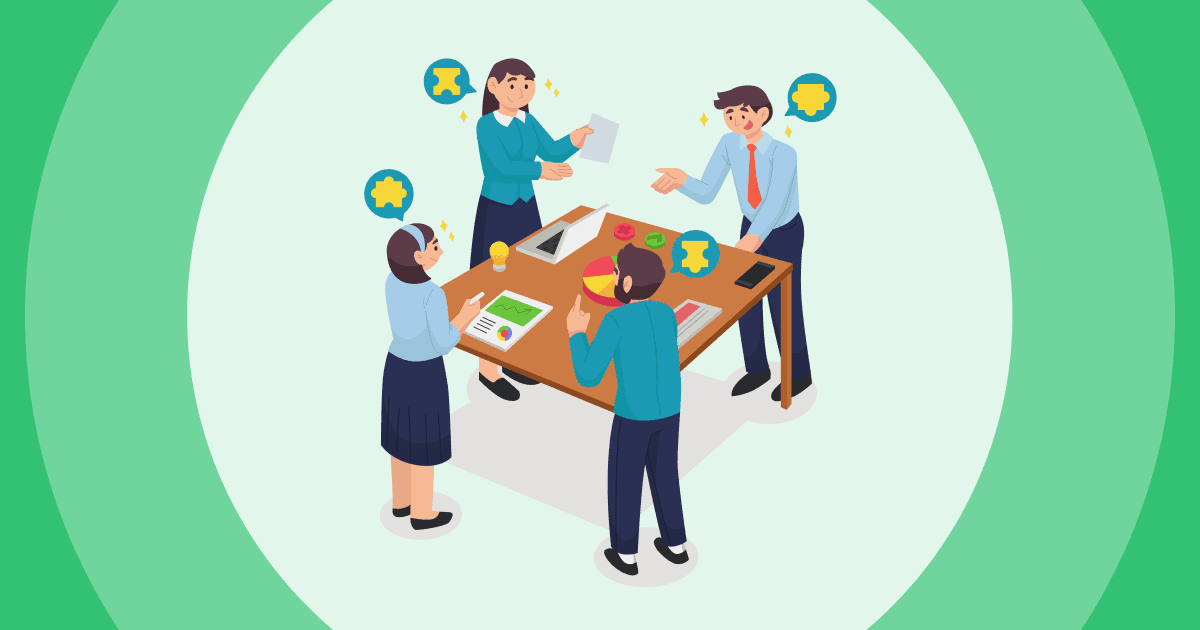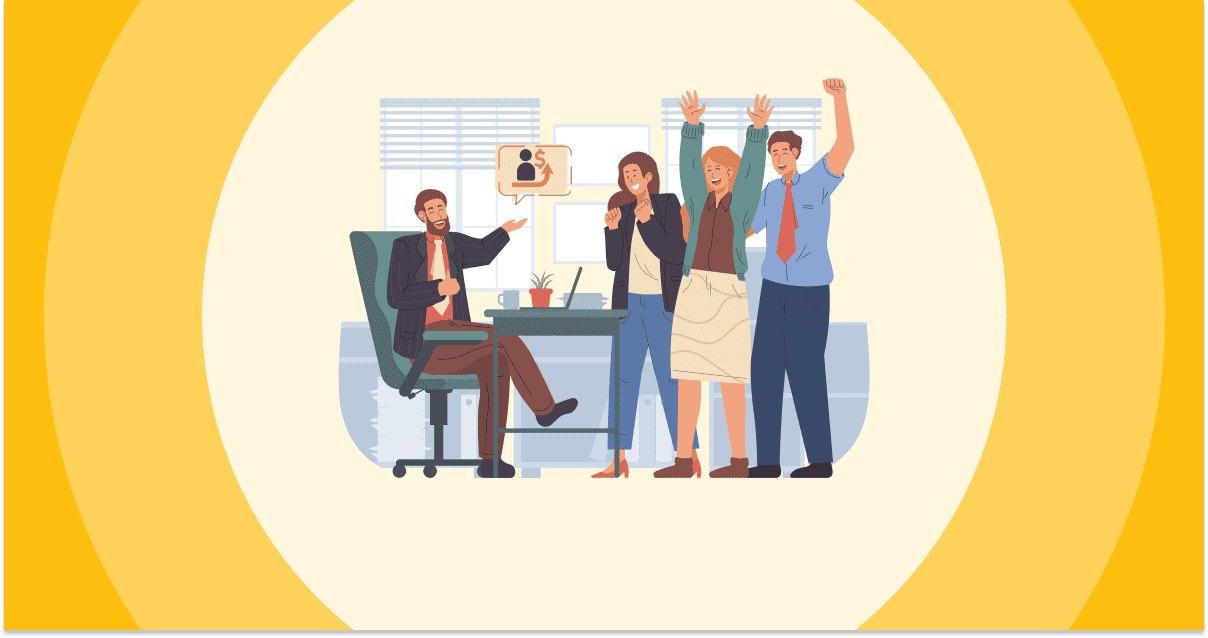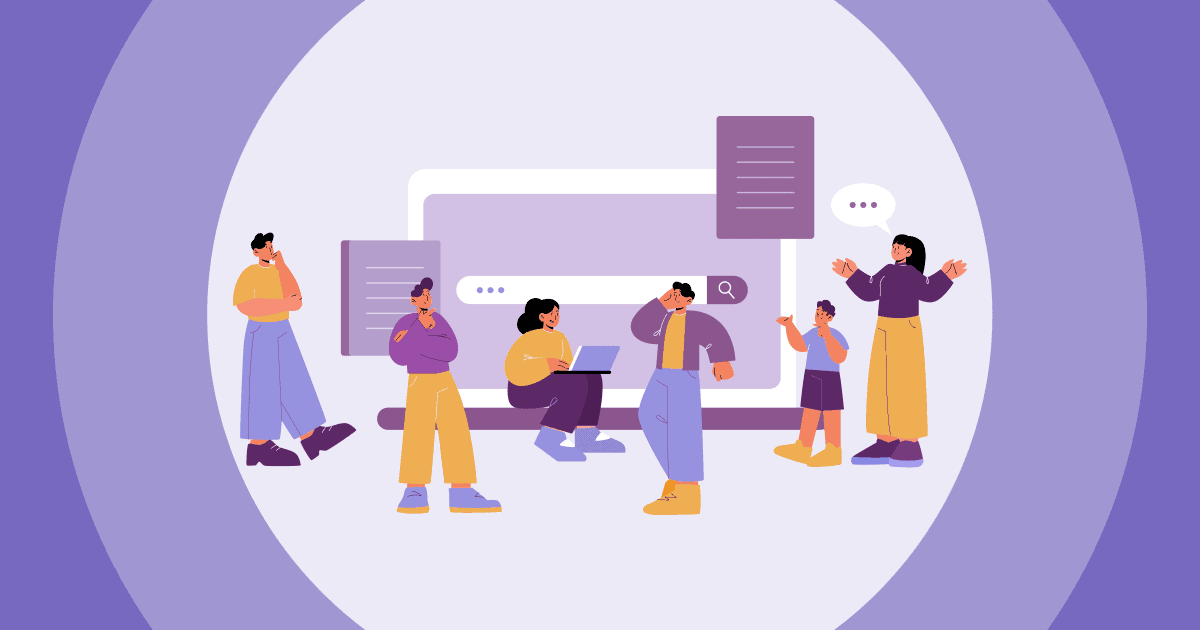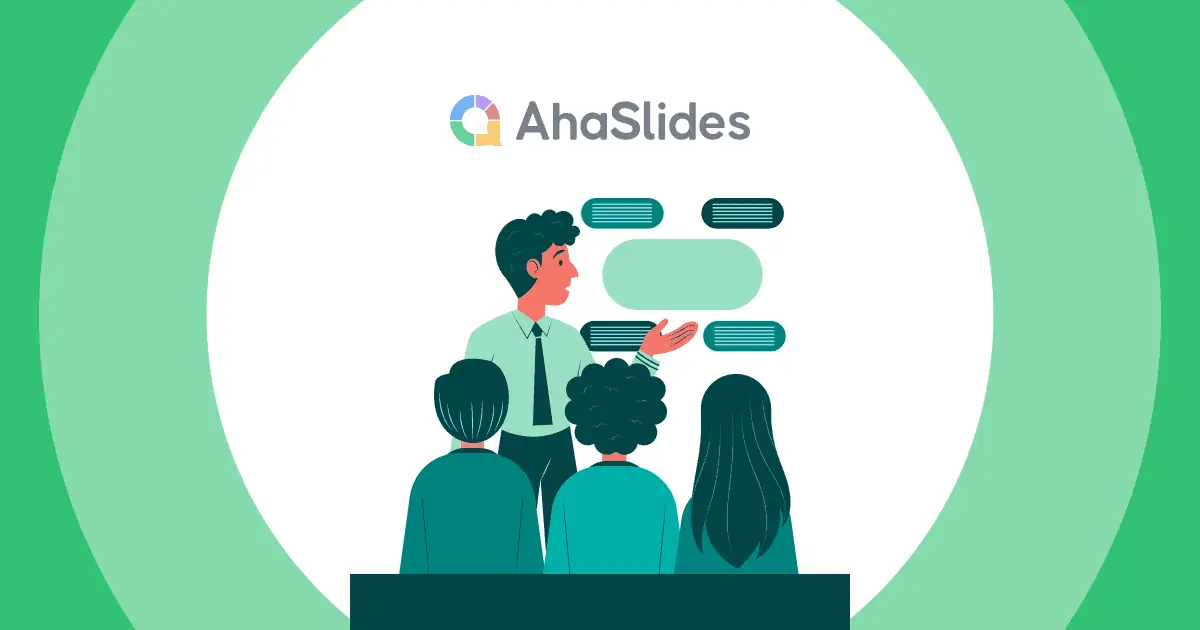Having someone who really knows how to lead a meeting or workshop can majorly impact what the group achieves and how quickly they work.
A good facilitator gets everyone focused on the task so the team can make better, faster choices.
The best part? You don't have to be "born" a facilitator - anyone can learn these facilitator skills with the right training.
So what exactly does it take to get people powering through agendas? That's what we're gonna unpack in this article. Let's get into it!
Table of Contents
- What are Facilitation Skills?
- 4 Skills of a Facilitator You Need
- Facilitator Skills Checklist
- Best Facilitation Techniques to Try
- Frequently Asked Questions
Tips for Better Engagement

Looking for a way to engage your teams?
Get free templates for your next work gatherings. Sign up for free and take what you want from the template library!
🚀 Get templates for free
What are Facilitation Skills?
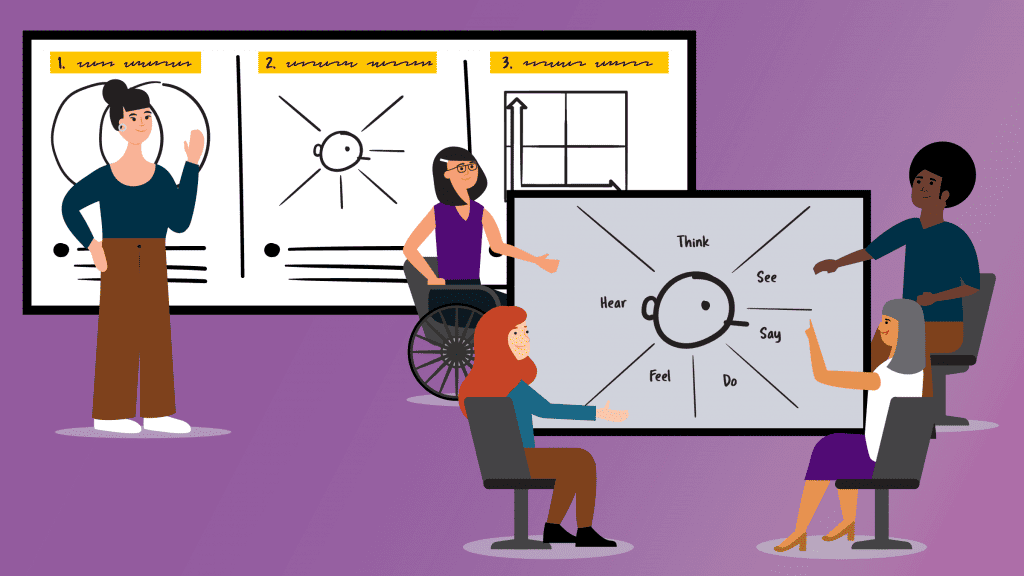
Facilitation skills are all about giving a group of people the tools and space they need to get stuff done. For example, being ready with a plan, setting expectations, rolling with changes, truly listening, and keeping time.
It's less about you being the outgoing boss and more about allowing everyone else to contribute.
As the facilitator, you bring the squad together around a shared objective that involves everyone. Then you guide the discussion towards that goal while making sure the team has what it needs to crush it.
Your main focus to hone the facilitator skill is leading without getting too wrapped up in the details yourself. Instead, you encourage participation and new ideas from the whole crew. You want the team thinking and driving the conversation, not relying on just you at the front.
As long as you provide structure and support without taking over, your people will feel empowered to problem-solve together. That's when the real magic happens and a team gets stuff done!
Brainstorm Wild Ideas with Your Colleagues
Let innovation happens! Take brainstorming on the move with AhaSlides.
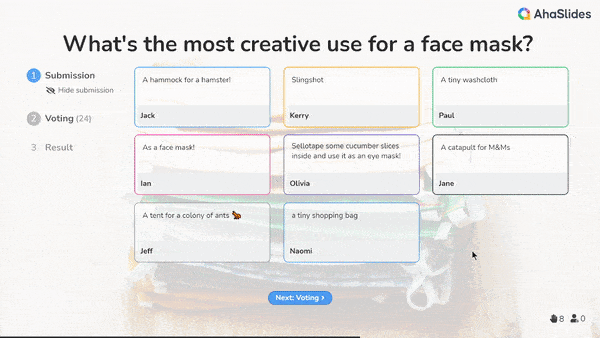
4 Skills of a Facilitator You Need
Do you possess the skillset needed to become an adept facilitator?
#1. Listening

Active listening is a critical facilitator skill.
It involves paying close attention to what participants are saying, making eye contact, acknowledging different perspectives without judgment, and asking clarifying questions.
Active listening goes beyond just hearing words to comprehending full meanings and perspectives.
It's important for a facilitator to refrain from side conversations or distractions to be truly present.
To cultivate active listening, you can repeat back part of what someone said to confirm understanding, ask a participant to expand on a comment or remain silent after someone speaks to allow for responses.
#2. Questioning

Asking open-ended, thoughtful questions is key to sparking discussion and getting everyone involved.
A facilitator should use questions to clarify, prompt further reflection, and keep the conversation solution-focused.
Well-crafted questions at the right moment can draw out insightful ideas and uncover shared values.
Open questions starting with what, how, and why will encourage exploration versus yes/no answers.
Some example questions you can ask:
- What are some options we could consider to address this issue?
- How might this impact other parts of the project?
- Can someone provide an example of what they mean?
Elevate Honest Discussions with AhaSlides
AhaSlides' open-ended feature gets the team to submit and vote for their favourite ideas engagingly.
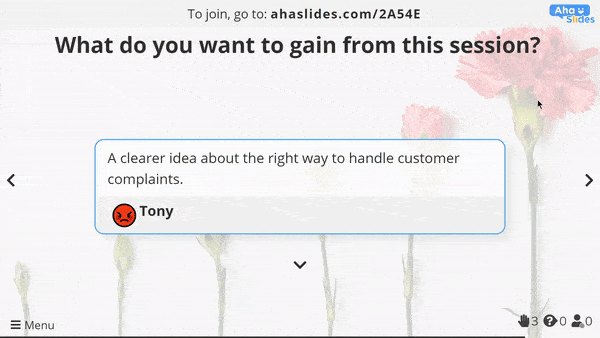
#3. Engaging participants
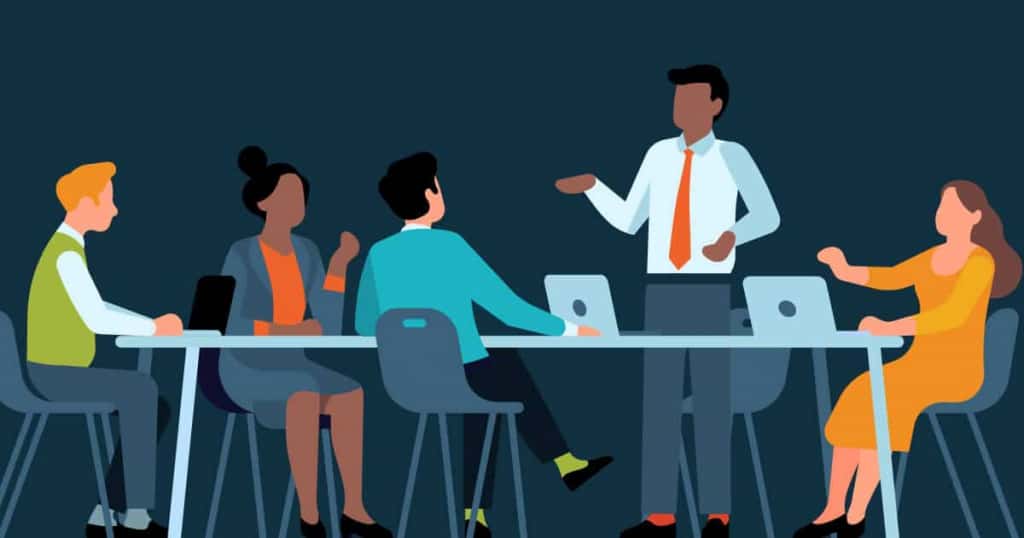
Facilitators must draw out input from all members of the group and make everyone feel their voices are being heard.
This involves tactics like cold-calling on individuals, acknowledging contributions positively, and involving quieter participants.
Some actions you can do:
- Calling on specific individuals by name
- Asking a quiet person their perspective
- Thanking contributors by name after they share
#4. Time Management
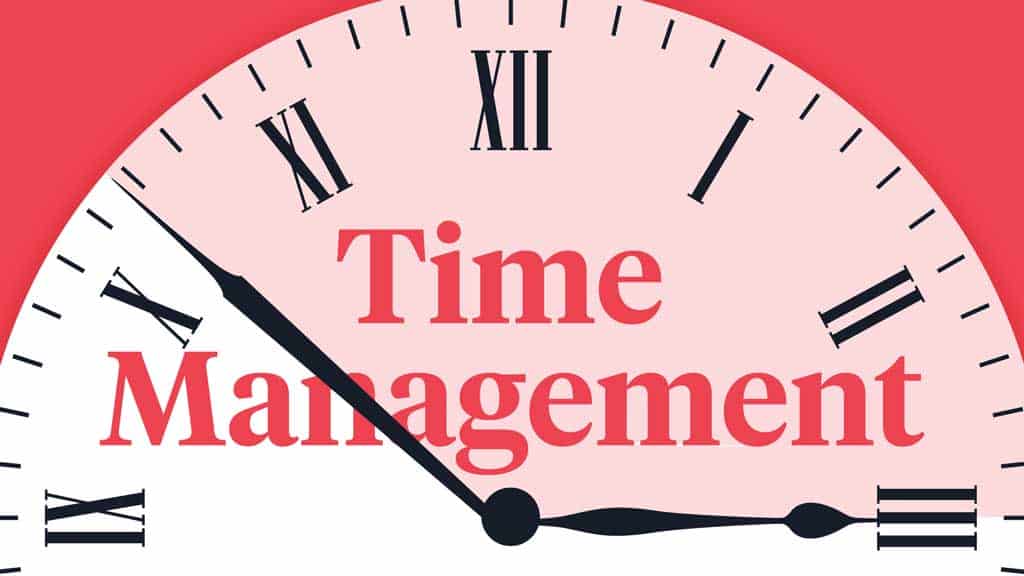
Effectively managing time is important to stay on track and accomplish meeting goals.
Facilitators should start and end on schedule, keep discussions moving at an appropriate pace, and redirect conversations when needed to honour time commitments.
To be punctual, you can try:
- Setting a timer during brainstorming and discussion rounds
- Flagging when the group is 5 minutes from the end of a topic
- Transitioning by saying "We've covered X well, let's move on to Y now"
Facilitator Skills Checklist
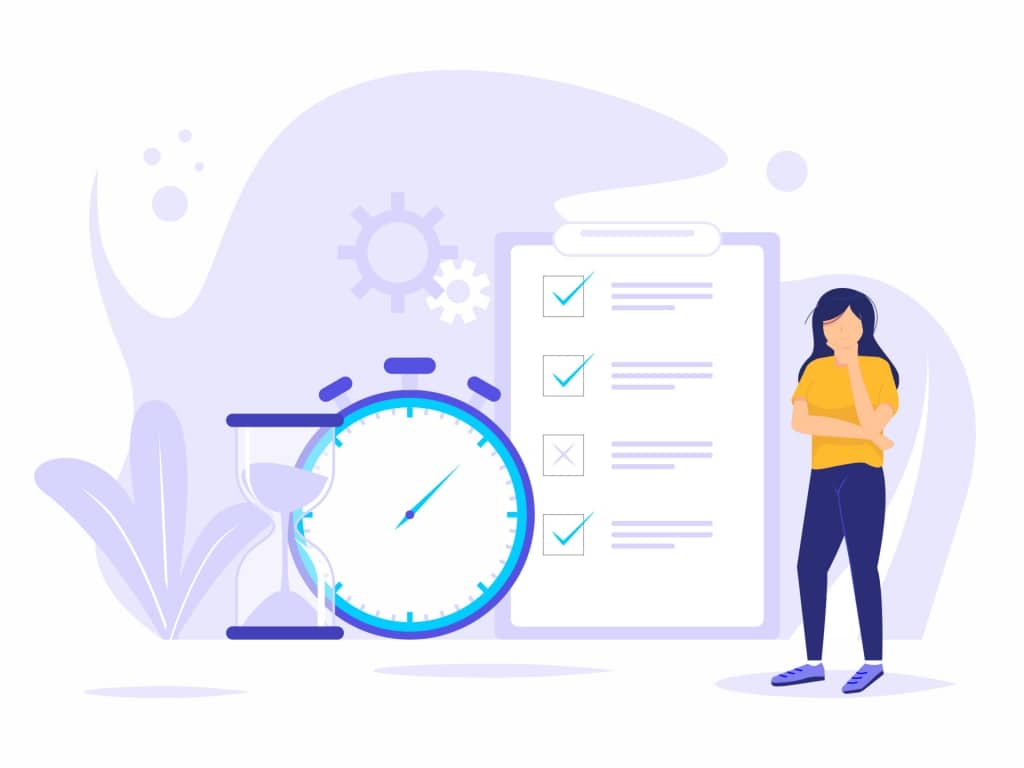
This checklist allows you to facilitate an effective meeting. By the end, you'll be armed with successful strategies to get involved and start guiding discussions.
Preparation
☐ Create an agenda and send it out in advance
☐ Research topics/issues to be covered
☐ Assemble all needed materials and resources
Opening
☐ Welcome participants and set the tone
☐ Review agenda, goals, and housekeeping items
☐ Set group norms/guidelines for the discussion
Active Listening
☐ Make eye contact and be fully present
☐ Avoid multitasking or distractions
☐ Clarify and acknowledge different perspectives
Questioning
☐ Ask open-ended questions to spark discussion
☐ Ensure all voices are heard; involve quieter participants
☐ Keep discussions solution-focused
Time Management
☐ Start and end on time
☐ Keep discussions moving at a good pace
☐ Alert the group to time limits for each discussion
Participant Engagement
☐ Call on people by name when possible
☐ Acknowledge contributions positively
☐ Summarise discussions to check the level of understanding
Decision Making
☐ Help the group identify options and priorities
☐ Surface areas of agreement/consensus
☐ Document any action items or next steps
Closing
☐ Review accomplishments and decisions
☐ Thank participants for their contributions
☐ Solicit feedback on facilitation and agenda
Body Language
☐ Appear attentive, engaged and approachable
☐ Make eye contact, smile and vary vocal tone
☐ Transition smoothly between discussions
Best Facilitation Techniques to Try
Here are some examples of facilitation techniques for managing group dynamics:
- Set icebreakers (games, questions) at the start to loosen people up and get them more comfortable interacting.
- Set group agreements/norms together like active listening, no multitasking, share airtime to encourage respect.
- Break into smaller breakout groups with clear tasks when broader input is needed.
- Go around in a circle and ask each person for quick input to get balanced participation.
- Conduct a sticky-note voting activity to reach a consensus when opinions differ.
- Employ hand signals like thumbs up/down to get live feedback on ideas.
- Do stand-up discussions in changing configurations for energy.
- Sandwich criticism with more positive feedback to soften the impact.
- Circulate during activities to check in on groups and answer questions.
- Summarise to check the understanding and address tensions respectfully before moving forward.
Electrify every crowd with Ahaslides!
With interactive polls and surveys, you can get the convo flowing and gauge what people really think. Check out AhaSlides Public Template Library.
Frequently Asked Questions
What is the most important skill for a facilitator?
Active listening is the most important skill for a facilitator as it is the foundation for effective facilitation. It has to come before any questioning, engagement, time-keeping etc. Without it, the other skills cannot fulfil their potential.
What are the 7 roles of a facilitator?
The 7 key roles of a facilitator are manager, organiser, leader, participant, process expert, recorder and neutral guide. A skilled facilitator effectively fills up all these roles by addressing logistical, process and participation elements. Their leadership supports, rather than dominates the group experience and outcomes.
What are the qualities of a good facilitator?
Good facilitators often are impartial, patient, encouraging, process-oriented and possess active listening, and leadership skills.
